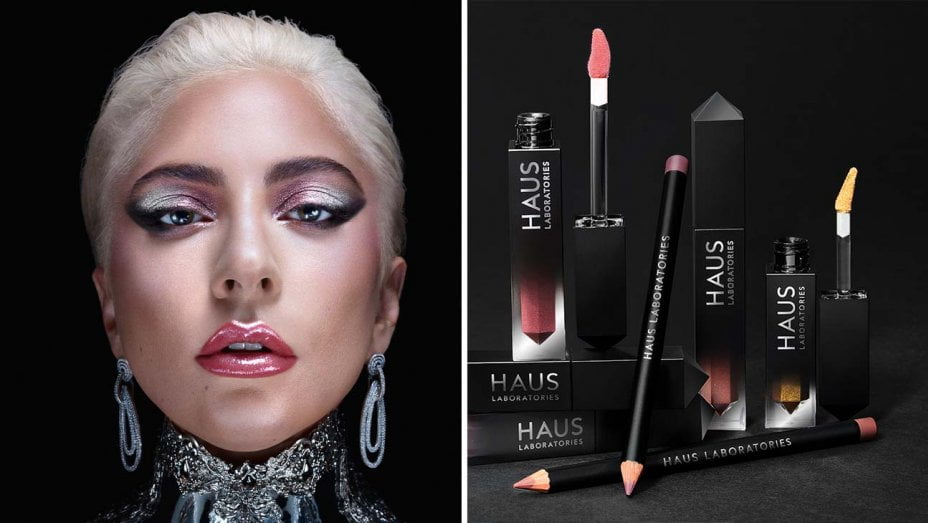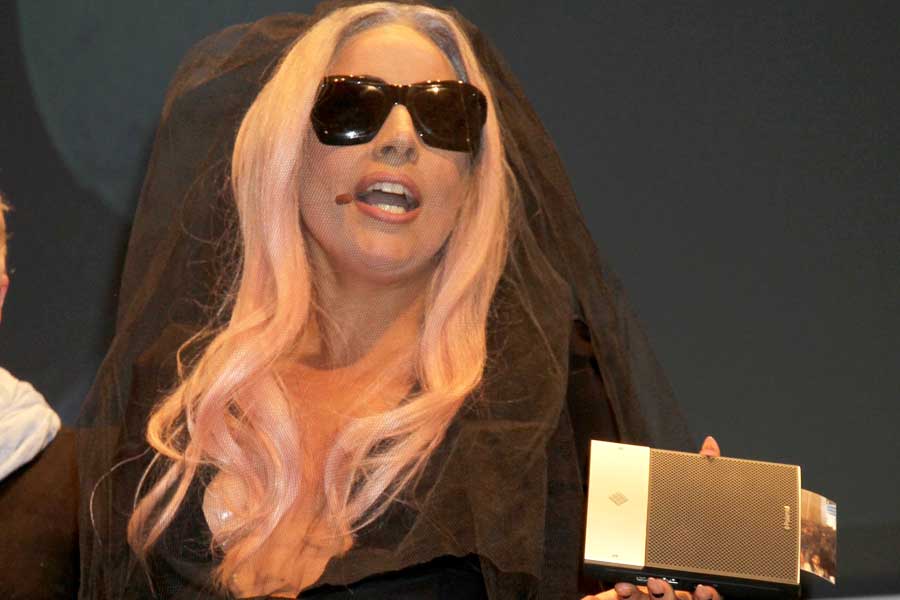The Story of ‘Selling Out’: popular music, promotion and Lady Gaga

Selling out has been a central concept for popular music culture since the 1960s, when rock began to be regarded as art, rather than mere entertainment, and concepts from the art world, including authenticity, autonomy and integrity, informed choices and judgements of musicians. While there have always been challengers to the principles underpinning charges of selling out – as when Bowie adopted artifice as aesthetic – something’s changed in recent years and the concept of selling out no longer seems to fit the modern music-making context.
For one thing, promotion is deeply woven across all aspects of life: few spaces are untouched by advertising and social media encourages perpetual self-promotion. In addition, the digitalisation of music all but destroyed the traditional revenue stream of record sales and, while streaming has begun to recover a portion of losses, musicians and record labels are desperate to make up the difference through whatever opportunities are available. Brands have stepped into the breach for artists at all levels. Lady Gaga offers an interesting example because of her wide range of corporate partnerships and because she has a declared commitment to music as art.

Lady Gaga promoting Polaroid
Lady Gaga’s activities reflect the intensification and expansion of brand partnerships. Although we continue to see sponsorship of music events, product placement in music videos, and licensing of songs for use in advertising, partnerships go even deeper these days. As a Variety journalist put it, ‘Simply signing an endorsement deal with a brand is starting to look as passe as having no brand partnerships at all, as artists and corporations become intimately involved in ways that would have been unheard of even a decade ago’. For example, artists are named creative directors for the consumer brands they endorse, as Lady Gaga was for Polaroid. And gone are the days of subtle product placement: the video for Lady Gaga’s ‘Telephone’ includes at least nine products, including Virgin Mobile, Miracle Whip, Diet Coke and dating website Plenty of Fish, although only some were paid placements, a reminder that commercial culture is accepted as simply another facet of popular culture.
Despite her willingness to align herself with brands, Lady Gaga has expressed ambivalence about the role of promotion in music-making. In a 2015 talk at Yale, she explained, ‘I really don’t like selling these fragrances, perfumes. I don’t like wasting my time spending days just shaking people’s hands and smiling and taking selfies. It feels shallow to my existence. I have a lot more to offer than my image. I don’t like being used to make people money’. Lady Gaga has no doubt declined many opportunities, though other brand-related activities go on, including the 2019 launch of her Haus Laboratories beauty brand exclusively on Amazon. It is difficult, if not impossible, to jump off the promotional carousel, and this new normal for superstar artists can be seen as setting a standard that others might aspire to. Indeed, today’s multiple rights agreements will almost certainly include corporate partnerships among the revenue streams shared between label and artist.
Discussions of popular music and the music industries have traded the language of selling out for the language of promotion and entrepreneurialism, limiting our ability to resist or imagine alternatives. In a challenging environment for public media, independent music venues and state funding of music (where it exists at all), musicians are encouraged to position themselves as brands and entrepreneurs. The language of selling out has been dismissed as irrelevant just when we need it to challenge the influence of commerce on popular music culture – and, indeed, our everyday lives.
This is the fifth in a series of posts about the concept of ‘selling out’ in popular music culture in advance of the August publication of ‘Selling Out: Culture, Commerce and Popular Music’ by Bloomsbury. You can read the previous post, which considers popular music, advertising and the Walkmen, here. Follow @bethanylklein on Twitter and register for the 6th August online book launch here.




Comments